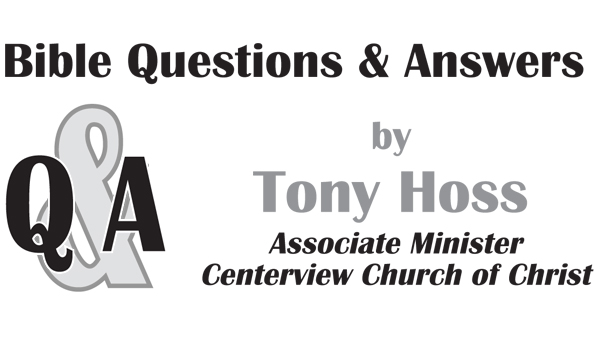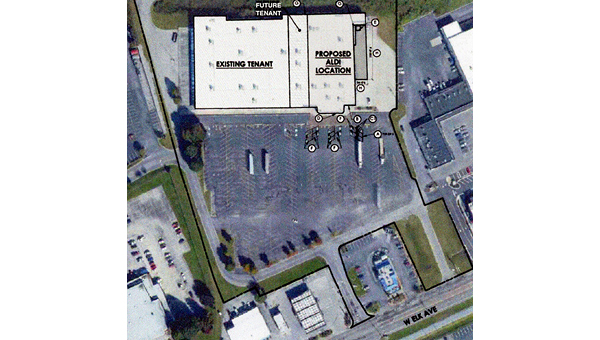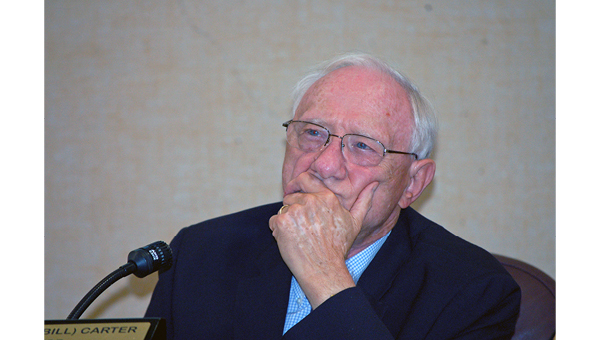Repentance is a change of mind that is evidenced by actions
Published 8:14 am Friday, February 21, 2020
BY TONY HOSS
Question: What is repentance and how is it accomplished?
Answer: From mankind’s earliest times there have been those who have supposed that a person’s ruin is always directly related to the sinfulness in their lives. This was not true in the case of Job and Jesus denied this to be true in Luke 13:3. Jesus said it was wrong to draw this conclusion. Then Jesus reminded his audience that there were some of them that needed to repent. Even today there are those who affirm that because hardship befalls someone there must be sin in their lives. I recall when Katrina struck New Orleans, there were those who believed and taught that God was trying to teach some in that region a lesson. There could be nothing farther from the truth. The greatest calamity, according to Luke 13:4, is not some accident or natural disaster that takes the lives of men but the demise of men who refuse to repent. The Bible is clear in teaching that repentance is a necessity (Luke 13:3 Acts 2:38, Acts 17:30-31).
We should understand that repentance is a process that begins in the mind. It is literally a change of one’s mind. In the case of Christians it is a change of mind for the better in which one’s actions are affected and reformed. When someone repents it will be evidenced through actions in their lives. There will always be fruits associated with the repentance and oftentimes there will be a need to make restitution. So we see that a change of action combined with retribution testifies to someone’s repentance. But how does one repent of their past?
In order to repent people must understand that their present course of action is leading them to certain destruction (Luke 13:3). Jeremiah 10:23 says, “…the way of man is not in himself.” There is a code of conduct that is objective, which is from God. When man violates the code of conduct that is from God he then stands in need of repentance because violating God’s commands are deemed as sinful (Isa. 59:1; Rom. 3:23). This was the case for the Jews on the day of Pentecost (Acts 2:37). Understanding that we stand in opposition to God should develop within us what the scripture calls Godly sorrow (2 Cor. 7:10).
Before one can properly repent they must know the proper course of action and therefore must ask important questions. This is what happened in Acts 2:37. Those present on the day of Pentecost were pricked in their hearts and desired to take proper action. First they had to seek the proper course of action. They were told to repent and be baptized. On that day three thousand men obeyed the gospel. However they first had to resolve to follow the appropriate action. The same is true today. One must first see the need to repent, inquire as to what is the appropriate action, and then be determined to follow that course.
When the previous is accomplished, appropriate fruits will be manifested in the lives of the penitent. A change of mind will cause a change of direction. A thief will no longer steal; an adulterer will no longer live in adultery if they have repented.
(Tony Hoss is minister at the Centerview Church of Christ, Elizabethton. He can be contacted at: Tony @ (423-737-2287); e-mail CenterviewCOC@comcast.net)






